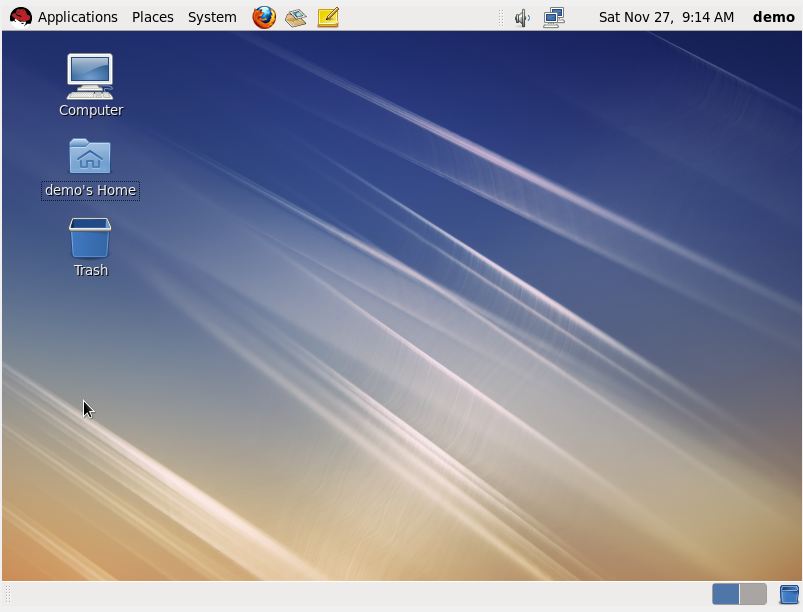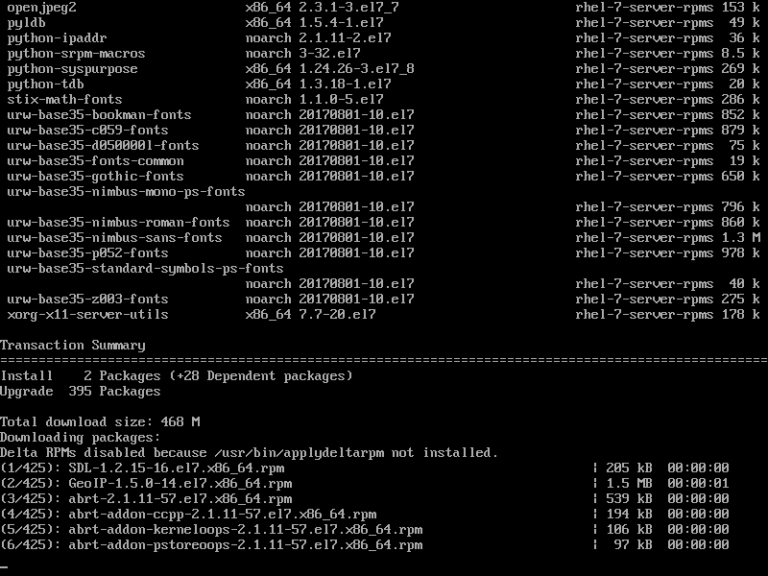


It also finds the operating system and its release version. The hostnamectl command helps track your system’s appearance on a network. Method 1: Track Your System with Hostnamectl Now let’s check 7 useful methods to know what version of RHEL you are using. If you are using RHEL and want to find its version, this article is for you. Red Hat earned a good reputation due to being stable, regularly updated, and reliable. Red Hat is a popular Linux OS and has started functioning ever since the mid-1990s. The commands should work on all popular Linux distributions including, Debian, Red Hat, Ubuntu, Arch Linux, Fedora, CentOS, Kali Linux, OpenSUSE, Linux Mint, and more.įeel free to leave a comment if you have any questions.RHEL or Red Hat Enterprise Linux is one of the many operating systems provided by Red Hat.

We have shown you how to find the version of the Linux kernel running on your system from the command line. The output will look something like this: Linux version 4.15.0-54-generic (gcc version 7.4.0 (Ubuntu 7.4.0-1ubuntu1~18.04.1)) #58-Ubuntu SMP Mon Jun 24 10:55: To display the contents of the file: cat /proc/version

Information about the running kernel is stored in the /proc/version virtual file. The /proc directory contains virtual files with information about the system memory Machine ID: af8ce1d394b844fea8c19ea5c6a9bd09īoot ID: 15bc3ae7bde842f29c8d925044f232b9Ĭommand to filter out the Linux kernel version: hostnamectl | grep -i kernel Kernel: Linux 4.15.0-54-generic It also displays the Linux distribution and kernel version: hostnamectl Static hostname: linuxize.localdomain The hostnamectl utility is part of systemd, and it is used to query and change the system hostname.


 0 kommentar(er)
0 kommentar(er)
